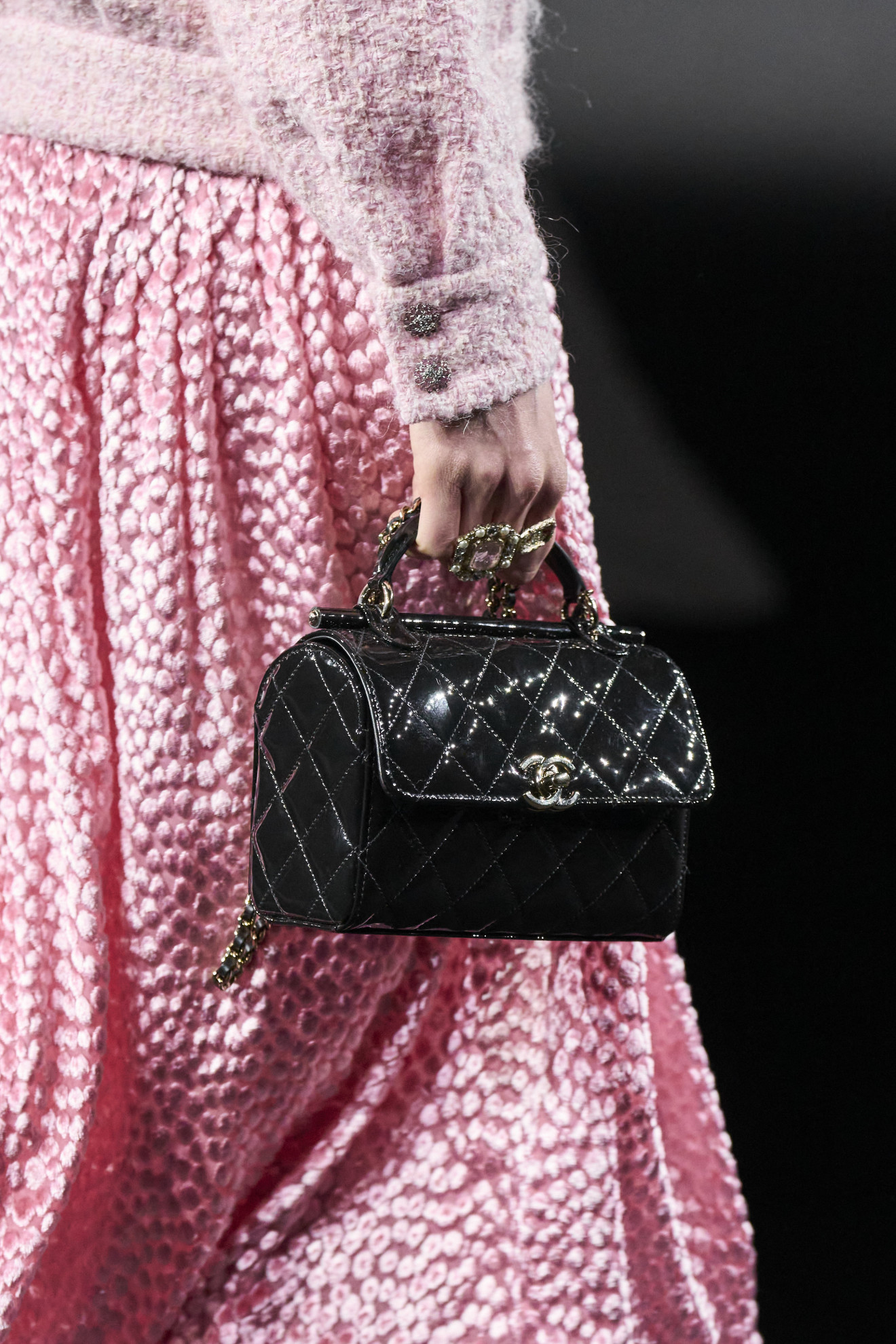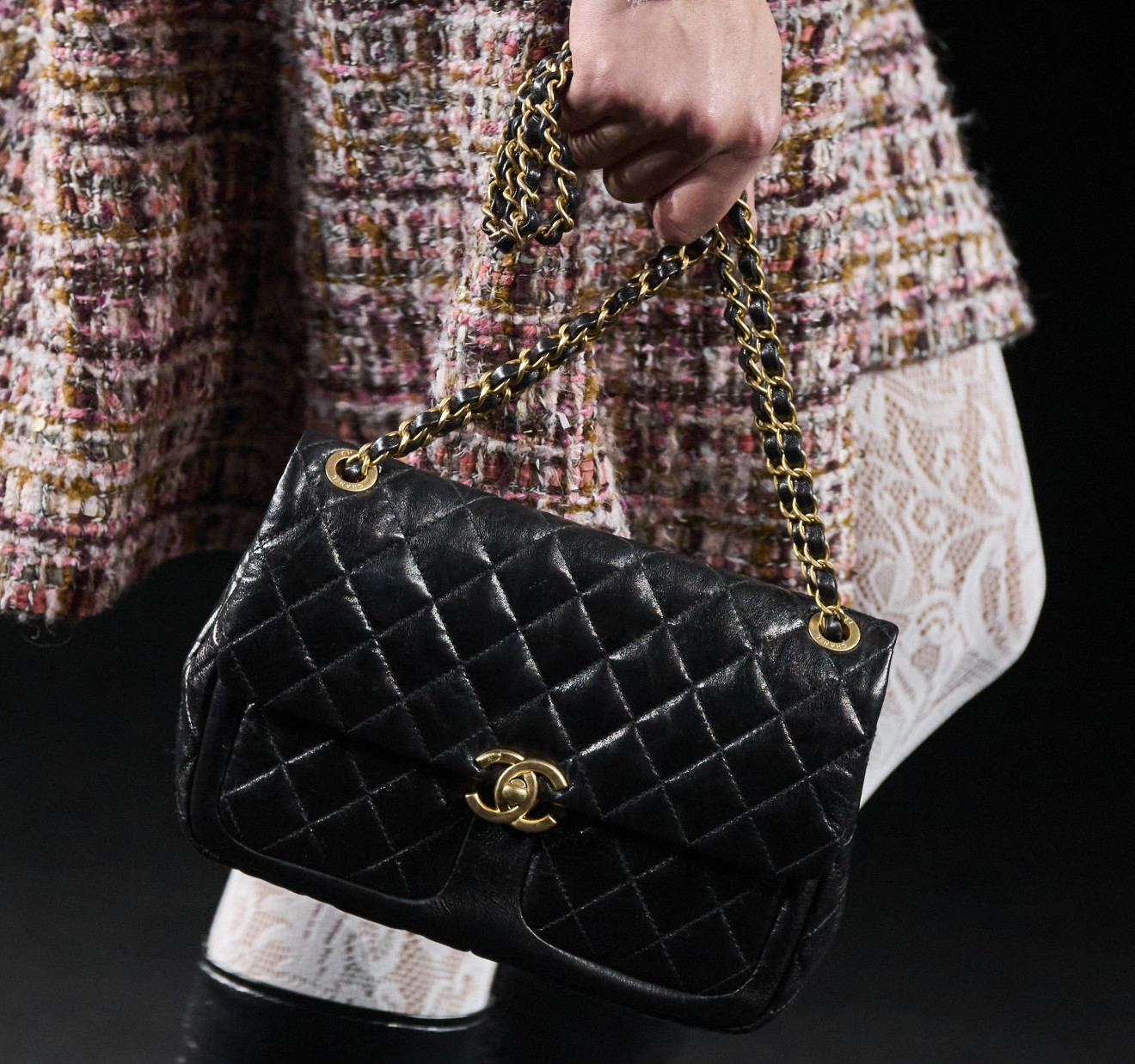The Chanel-Initiated Lawsuit Goes to Federal Court After Five Years
After more than five years embroiled in a legal battle over trademark and infringement issues, the trial between Chanel and What Goes Around Comes Around has commenced in a New York federal court.
Chanel initiated the lawsuit in 2018, accusing the resale specialist of misleading consumers into believing there was an affiliation between the two companies and that Chanel had authenticated pre-owned goods sold by What Goes Around Comes Around (WGACA). Over the first two days of the trial, attorneys for both sides debated various points, including whether WGACA ever sold counterfeit Chanel handbags and if consumers were genuinely confused about an affiliation.

The trial, expected to last at least two weeks, is closely watched for its potential implications on how resale retailers define the authenticity of their goods and market them. Justice Louis Stanton presides over the proceedings, which will determine the extent of WGACA’s liability for Chanel’s claims, if any, and the subsequent award of damages and legal remedies.
During the trial’s initial days in the U.S. District Court in the Southern District of New York, Joyce Green, managing director of Chanel France, provided crucial testimony. Allegations arose regarding the sale of a counterfeit Chanel bag by WGACA, leading to a caution from Stanton about potential mistrial risks. Chanel’s attorney contended that WGACA sold over 51 handbags infringing on Chanel’s trademark, along with 779 products, including a Chanel-branded tissue box cover.
Stanton cautioned the jury about the use of the term “counterfeit,” emphasizing its simple definition as a copy that is challenging to distinguish from the original. WGACA’s legal team presented a “David and Goliath” narrative, portraying its founders, Seth Weisser and Gerard Malone, as visionary entrepreneurs contributing to the secondary market responsibly.
A recurring debate centered around WGACA selling non-fashion Chanel display materials typically exclusive to Chanel’s retail partners. Chanel argued that such items were never meant to be sold, while WGACA countered that they were described as props and containers. The case delved into WGACA’s alleged enhancement of Chanel’s brand and the claim that consumers were confused about a non-existent affiliation.
The trial brought attention to WGACA’s substantial sales of $90 million worth of pre-owned Chanel products between 2016 and 2022, according to Chanel’s lawyer. WGACA’s legal team emphasized the case’s broader implications, contending it was about consumer choice in buying secondhand products from responsible sellers rather than a dispute about Chanel’s brand or trademark.
The trial also explored WGACA’s use of Chanel’s founder, Coco Chanel, in advertising and promotional material, raising questions of alleged infringement. Green underscored Chanel’s significant spending on advertising and highlighted collaborations with renowned directors and celebrities.
The trial continues to unfold, shedding light on the intricate dynamics between luxury brands and the booming resale market.
